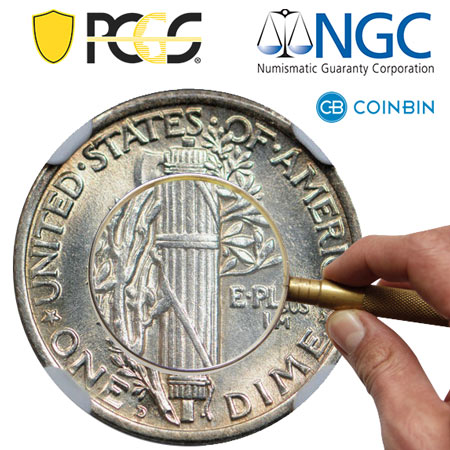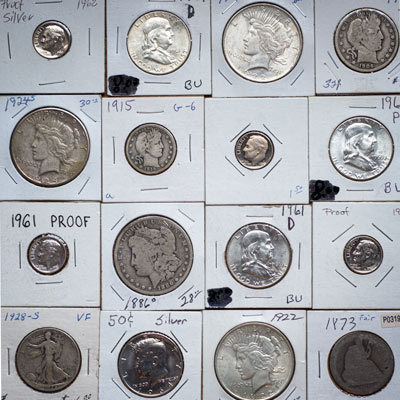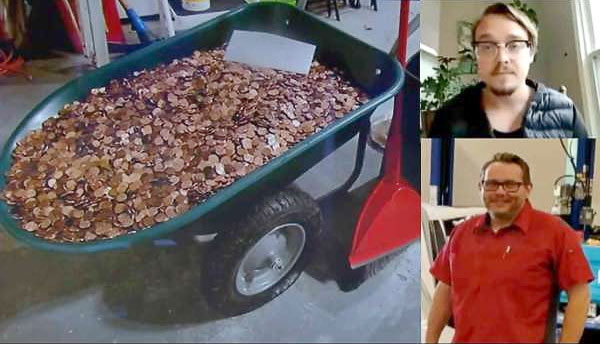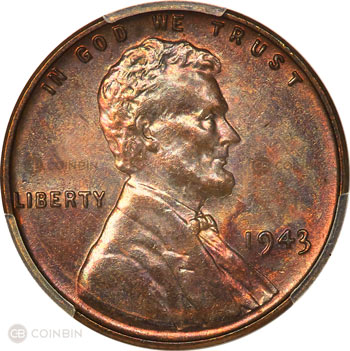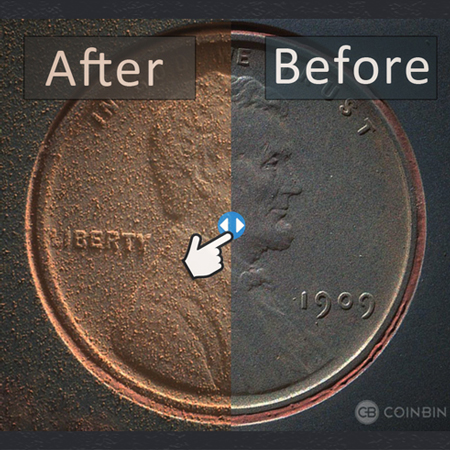Starting a Coin Collection - How to Get Started
Everyone needs a hobby and having one that appeals to your interests as well as allowing you to learn new things, expand your horizons and make good investment at the same time is always a major plus. While coin collecting may not be the most exciting or challenging hobby to start, it does have it's attractions. So how does one get started coin collecting, anyway?
First Steps
As with any hobby you are seriously considering, you'll want to accumulate information about it. What drew you to coin collecting? Did you find an unusual coin in change? Were you encouraged by parents or grandparents to collect coins? Or are you looking at coin collecting as a serious investment for your portfolio? Regardless of why, you'll want to have a good understanding of how coin collecting works and most of it centers around quality and organization.
Quality
Whether you're looking at a coin collection as a way to invest your money or as something simply to enjoy, keep in mind that the quality of the coins is paramount. The better the condition of the coin, the higher it's value will be. Whether you're trying to create a collection of a sample of every penny ever made, from the 1909 VDB, the steel pennies used during World War II and all the new releases from the US Mint, or you're looking to create a collection of the rare and unusual such as the Carson City Morgan Dollar to the 1937-D 3-legged Buffalo Nickel, understanding the better the condition of the coin, the more it will be worth. Quantity definitely isn't a consideration since a MS (Mint State) quality 1909 S VDB penny is worth over ten times what one in poor condition is worth.
Organization
Fortunately, there are only a few ways you can organize coins. You'll either want to do them by denomination, by date or in levels of quality. Facilitating organization by denomination is easily accomplished by using coin boards or coin albums. This enables you to acquire coins like pennies to complete a collection since these solutions make it easy to see what you're missing. Using hard plastic cases for special coins like a CC mint mark Morgan dollar not only protects the coin but also gives you an easy way to store and organize them into hard cardboard or press-board boxes.
Caveats
Keep in mind, while the coin market is constantly shifting, you don't want to get caught up in buying specific coins and overpaying for them. While coin prices do change, especially for the gold and silver ones, many coin prices have been flat for many years which means if you've overpaid for one, your return on that investment will be more satisfaction instead of valuation. Coin collecting, like any investment or any hobby, does have some risk associated with it, but the enjoyment factor as well as the overall return on your investment is definitely worth it.
If you found this helpful please be sure to share this page and our site with your audience. We appreciate any and all support.
